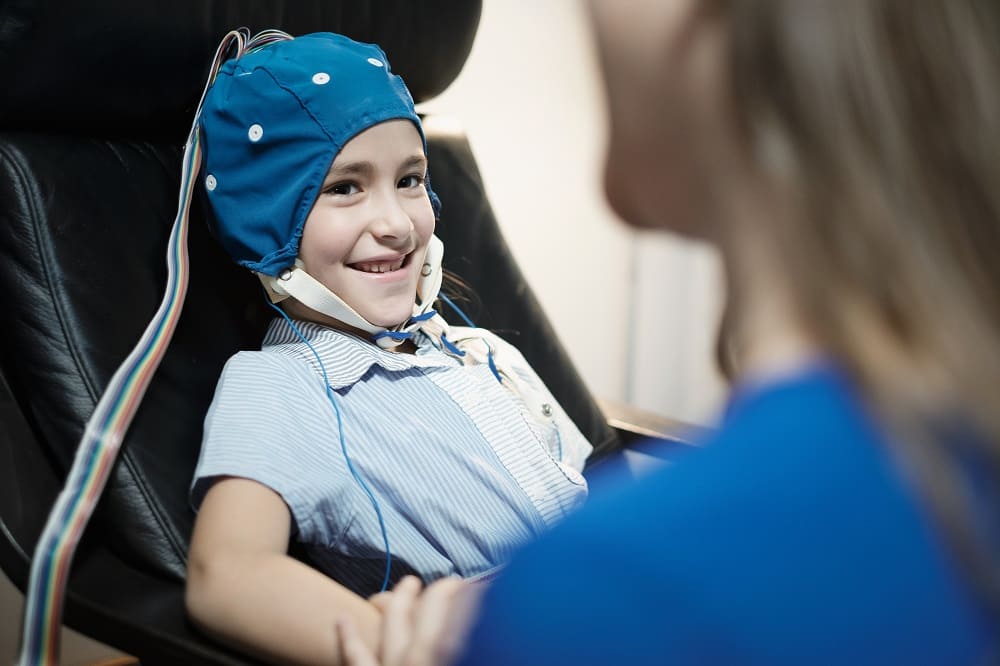BCIA Certification Biofeedback Seminars
How can you determine if the biofeedback provider you are considering visiting is qualified?
One good way is to get a personal referral. If you know someone who has had success with a biofeedback provider for a similar problem as your own then there is a good chance that you may also get good results and be happy with them too. There are other things that you can do to get an idea as to their qualifications. One of the best ways to determine qualification is to find out if the provider is BCIA certified. What is the BCIA? BCIA stands for Biofeedback Certification International Alliance.
The BCIA is the organization that establishes the rules for and provides certification in biofeedback and neurofeedback. Here is their mission: “BCIA certifies individuals who meet education and training standards in biofeedback and progressively recertifies those who advance their knowledge through continuing education.”
They set the standards for who can become certified and the process that applicants need to go through to qualify for certification. The requirements include minimum prior education, anatomy and physiology, specific biofeedback education, personal experience doing biofeedback on oneself and on others, mentoring of an experienced biofeedback professional, and an exam.
This is a serious process that many providers who are not as serious are not willing to go through. The time and expense discourages them from going through what it takes to gain BCIA certification. This does not automatically make a person who does not have BCIA certification not qualified to provide biofeedback but it makes it less likely that they are.
The specific biofeedback education is usually done in seminars. There are some universities that offer biofeedback education but that is not widespread. Usually what happens is a psychologist, social worker, mental health, chiropractor, or other health care provider learns about biofeedback and decides that they want to add it to what they do. They attend a biofeedback training seminar that is accredited by the BCIA (not all are). Next, they get their equipment and begin doing their practice sessions while working with a mentor to help them improve their abilities. They study for and then take the BCIA exam. Just attending the biofeedback seminar is not enough. A student really needs to study in order to pass the exam. This whole process can take anywhere from six months to two years.
The BCIA certification differentiates the serious practitioner from one who might just buy the equipment, read a book, and start advertising the service.
Just going through the whole BCIA certification process from attending the biofeedback training seminar through passing the exam helps to make the provider more qualified to provide services. It takes a certain level of dedication to complete all of the requirements
For more information on biofeedback and neurofeedback visit: www.biofeedbackinternational.com
Harry L. Campbell
914-762-4646
Harry@biofeedbackinternational.com





